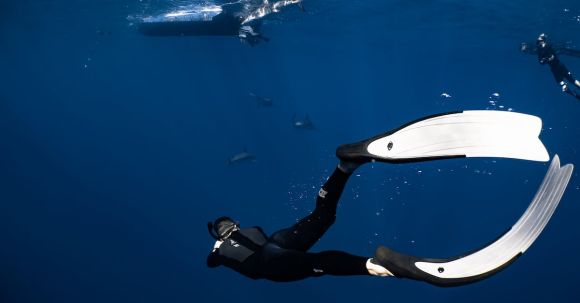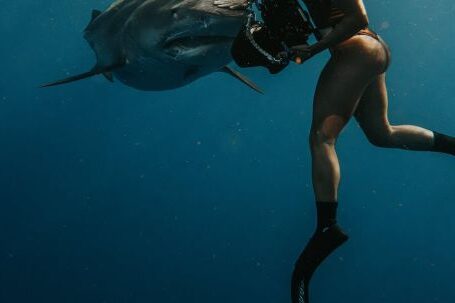Diving is an exhilarating and rewarding activity that allows individuals to explore the underwater world. While diving with a buddy is always recommended for safety reasons, there may be times when diving solo becomes necessary or desirable. Whether you are an experienced solo diver or considering venturing out on your own for the first time, there are several key considerations to keep in mind to ensure your safety.
Equipment Preparation: The Foundation of Safety
Proper equipment preparation is essential for any dive, but it becomes even more critical when diving solo. Before heading out, thoroughly inspect and test all your equipment to ensure it is in good working condition. Pay particular attention to your regulator, BCD, dive computer, and any other life-supporting gear. Remember to check the condition of your dive mask, fins, and weight system as well. By taking the time to meticulously prepare your equipment, you are setting the foundation for a safe and enjoyable dive.
Planning and Preparation: Essential Steps for Solo Divers
Planning and preparation are vital for any dive, but they become even more crucial when diving solo. Before diving solo, it is essential to conduct a thorough site assessment, considering factors such as water conditions, visibility, and potential hazards. Familiarize yourself with the dive site, noting entry and exit points, as well as any specific features or points of interest. It is also recommended to develop a dive plan and share it with a trusted person who can check in on your safety. By taking these steps, you will be better prepared to handle any unexpected situations that may arise during your solo dive.
Buoyancy Control: Mastering the Art
Maintaining proper buoyancy control is a fundamental skill for all divers, but it becomes even more critical when diving solo. Good buoyancy control allows you to conserve energy, minimize the risk of damaging marine life or the environment, and avoid entanglement or injury. Practice and master your buoyancy control skills in various dive conditions to ensure you can handle any situation that may arise during a solo dive.
Emergency Procedures: Be Prepared for the Unexpected
When diving solo, it is crucial to be prepared for any emergencies that may arise. Familiarize yourself with the necessary emergency procedures, such as how to handle equipment malfunctions or free-flowing regulators. Additionally, consider carrying emergency signaling devices, such as an audible or visual surface marker buoy, to attract attention if needed. Being prepared for the unexpected can make all the difference in ensuring your safety as a solo diver.
Self-Awareness and Limitations: Know Yourself
One of the most critical considerations for solo divers is self-awareness. It is essential to know your limits as a diver and to be honest with yourself about your abilities and comfort level. Solo diving requires a higher level of self-reliance and decision-making, so it is crucial to be confident in your skills and capabilities. If you are uncertain about your abilities or feel uncomfortable diving solo, it is always better to seek a buddy or join a group dive. Your safety should always be the top priority.
In conclusion, diving solo can be an incredibly rewarding experience, but it requires careful consideration and preparation. By focusing on equipment preparation, planning and preparation, buoyancy control, emergency procedures, and self-awareness, solo divers can ensure their safety and make the most of their underwater adventures. Remember, the underwater world is a magnificent place, but it demands respect and caution. Happy diving!





